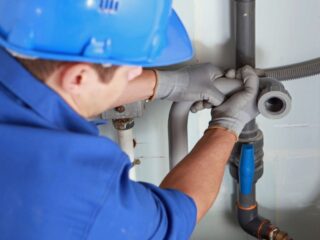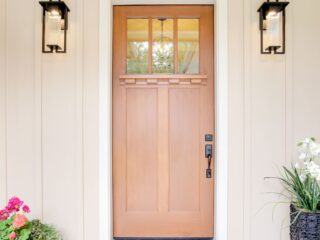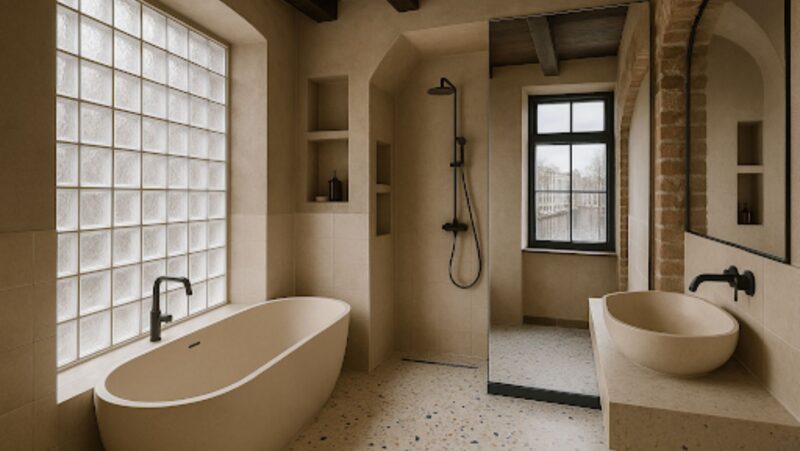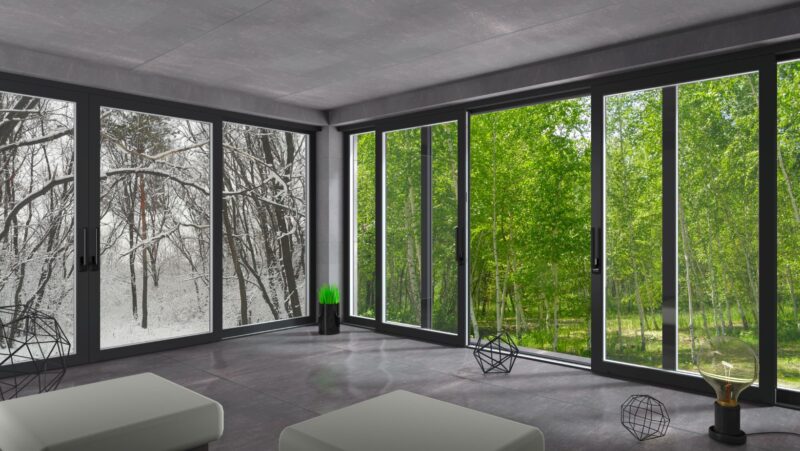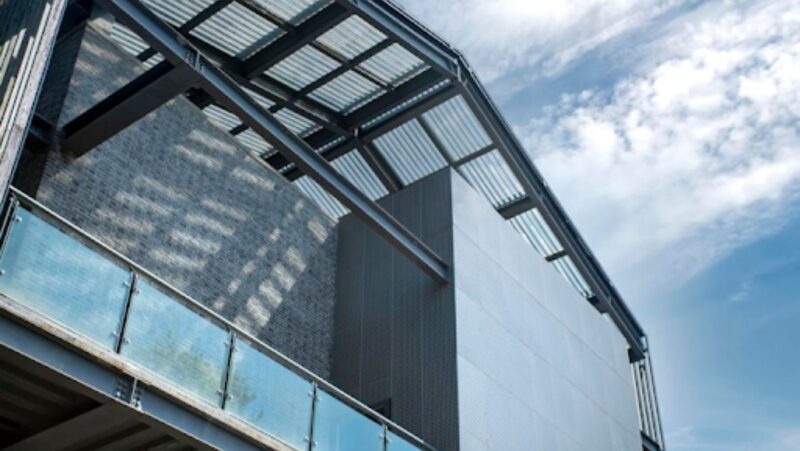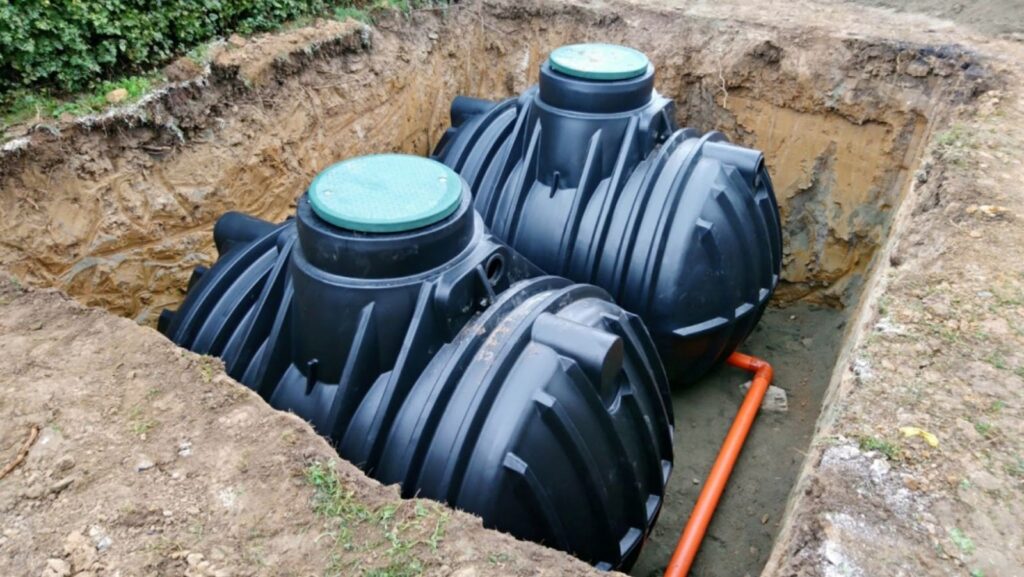
A drywell can help to improve the drainage on your property, and can also help to keep your basement or crawlspace dry. Additionally, a drywell can help to reduce the risk of flooding on your property. If you live in an area that is prone to flooding, having a drywell can help to protect your home from the potential damage that can be caused by floodwaters.
What is a drywell
A drywell is a type of drainage system that helps to manage water runoff on your property. It is typically a hole that is dug on your property, and then filled with gravel or other types of drainage material. The drywell collects water runoff from your roof or other areas of your property, and then drains it away from your home. This can help to prevent flooding on your property, and can also help to keep your basement or crawlspace dry. Additionally, a drywell can help to reduce the risk of soil erosion on your property. There are many benefits to having a drywell on your property. If you live in an area that is prone to flooding, a drywell can help to protect your home from the potential damage that can be caused by floodwaters. Additionally, a drywell can help to improve the drainage on your property, and can also help to keep your basement or crawlspace dry. If you are concerned about the potential for soil erosion on your property, a drywell can also help to reduce this risk. Overall, a drywell can be a valuable addition to your property, and can provide many benefits.
How do you know if you need a drywell on your property?
If you live in an area that is prone to flooding, or if you have poor drainage on your property, you may benefit from having a drywell installed. Additionally, if you are concerned about the potential for soil erosion on your property, a drywell can help to reduce this risk. If you are unsure whether or not a drywell would be beneficial for your property, you can consult with a professional to get more information. How much does it cost to install a drywell on your property? The cost of installing a drywell on your property will vary depending on a number of factors, including the size of the drywell and the type of material used to fill it. Generally, the cost of installing a drywell ranges from $500 to $1,500. How do you maintain a drywell on your property? Once a drywell is installed on your property, it is important to maintain it properly. You should regularly check the drywell for any signs of leaking or clogging. Additionally, you should periodically refill the drywell with fresh gravel or other drainage material. By properly maintaining your drywell, you can ensure that it continues to function properly and provides the benefits that you need.
What kind of maintenance is required for a drywell system?
Drywell systems require very little maintenance. Once a drywell is installed, you should regularly check it for any signs of leaking or clogging. Additionally, you should periodically refill the drywell with fresh gravel or other drainage material. By properly maintaining your drywell, you can ensure that it continues to function properly and provides the benefits that you need.
Can I install a DIY drywell on my own property if I don’t live in an area that requires one by law?
Yes, you can install a drywell on your own property even if you don’t live in an area that requires one by law. However, it is important to consult with a professional to get more information about the installation process. Additionally, you should make sure that you follow all local building codes when installing a drywell on your property.


